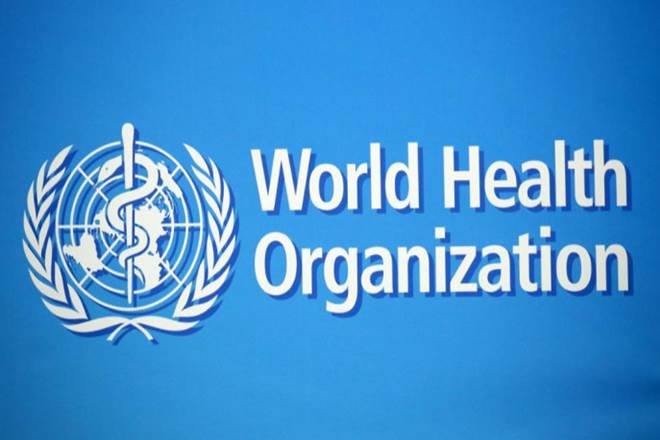The World Health Organisation (WHO) has certified the African region free of wild polio virus.
The independent Africa Regional Certification Commission (ARCC) for Polio Eradication of the organization officially declared the region free of wild polio virus on Tuesday during a virtual session of the 70th WHO regional committee for Africa.
‘How I Defied Polio To Achieve My Dream’
How Nigeria Can Sustain Polio Free Status –Expert
This also marks the eradication of the second virus from the face of the continent since smallpox 40 years ago.
Polio is a viral disease that is transmitted from person to person, mainly through a faecal-oral route or, less frequently, through contaminated water or food, and multiplies inside the intestines.
The last case of wild polio virus in the region was detected in 2016 in Nigeria.
Since 1996, polio eradication efforts have prevented up to 1.8 million children from crippling life-long paralysis and saved approximately 180 000 lives.
The ARCC’s decision comes after an exhaustive, decades-long process of documentation and analysis of polio surveillance, immunization and laboratory capacity of the region’s 47 member states, which included conducting field verification visits to each country.
Professor Rose Gana Fomban Leke, ARCC Chairperson said it was a historic day for Africa.
“The African Regional Certification Commission for Polio eradication (ARCC) is pleased to announce that the Region has successfully met the certification criteria for wild polio eradication, with no cases of the wild polio virus reported in the Region for four years,” she said.
Dr Matshidiso Moeti, WHO Regional Director for Africa, described it as a momentous milestone for Africa, adding: “Now future generations of African children can live free of wild polio.”
She said: “This historic achievement was only possible thanks to the leadership and commitment of governments, communities, global polio eradication partners and philanthropists.
“I pay special tribute to the frontline health workers and vaccinators, some of whom lost their lives, for this noble cause.
She, however, warned that the region must stay vigilant and keep up vaccination rates to avert a resurgence of the wild polio virus and address the continued threat of the vaccine-derived polio.
Dr Moeti said the expertise gained from polio eradication will continue to assist the African region in tackling COVID-19 and other health problems that have plagued the continent for so many years and ultimately move the continent toward universal health coverage.
“This will be the true legacy of polio eradication in Africa,” she added.
While the eradication of wild polio virus from the WHO African Region is a major achievement, 16 countries in the region are currently experiencing cVDPV2 outbreaks, which can occur in under-immunized communities.
Dr Pascal Mkanda, Coordinator of WHO Polio Eradication Programme in the African Region, said: “Africa has demonstrated that despite weak health systems, significant logistical and operational challenges across the continent, African countries have collaborated very effectively in eradicating wild polio virus,”
“With the innovations and expertise that the polio programme has established, I am confident that we can sustain the gains, post-certification, and eliminate cVDPV2,” added Dr Mkanda.
Meanwhile, WHO Director-General, Dr. Tedros Adhanom Ghebreyesus; and President of Rotary International, Holger Knaack in an earlier statement Monday said: “Delivering polio vaccines to every child in the African region and wiping out the wild virus is no small feat and the human resources, skills, and experience gained in the process leaves behind a legacy in how to tackle diseases and reach the poorest and most marginalized communities with life-saving services.
“Leadership from all levels of government across party lines, a historic public-private partnership that raised billions, millions of health workers reaching children across the region – from conflict zones to remote areas only accessible by motorbike or helicopter – and a culture of continual improvement were all critical to overcoming challenges and bottlenecks,” they added.
Ojoma Akor, Muideen Olaniyi Olayemi John- Mensah, (Abuja) Habibu Aminu Umar & Richard P Ngbokai( Kano)

 Join Daily Trust WhatsApp Community For Quick Access To News and Happenings Around You.
Join Daily Trust WhatsApp Community For Quick Access To News and Happenings Around You.


